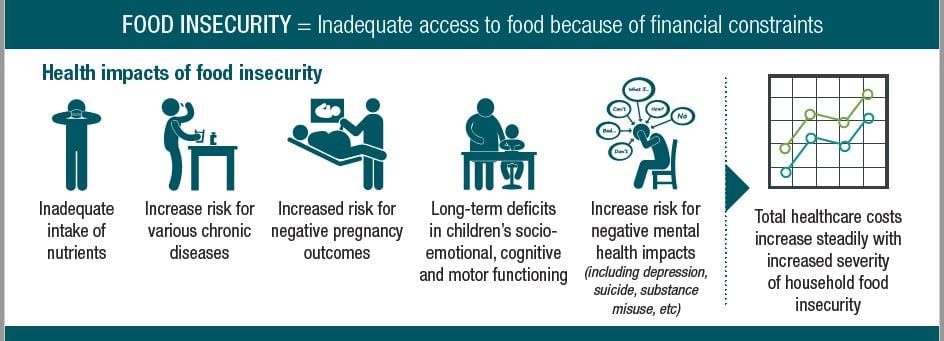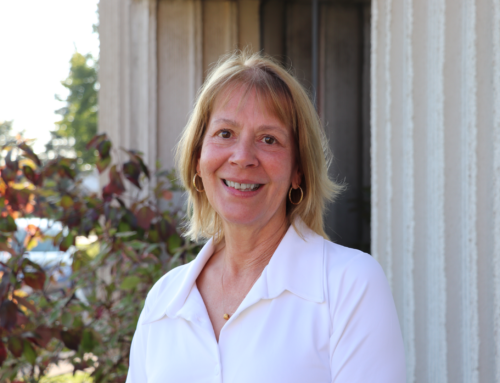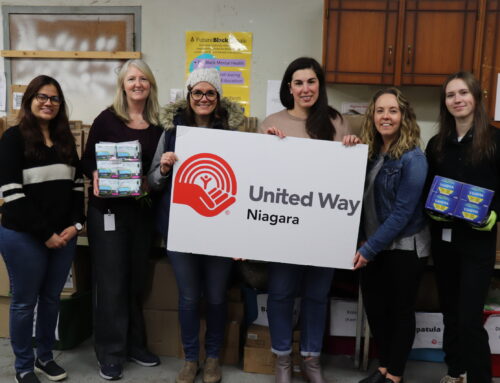Food security along with reliable housing, health care, job security, and strong relationships are crucial for a person to have a decent quality of life. Though Canada is known for its quality of life, many Canadians struggle with food insecurity every day. Food insecurity can mean not knowing where your next meal is going to come from, skipping meals due to costs, or lack of access to nutritious food and resorting to insufficient meals regularly. The lack of proper nutrition can hugely impact a person in their daily lives. Beyond being hungry, insufficient nutrition often results in persistent fatigue, weakness, and disorientation. Living in such conditions can cause problems in other areas such as the ability to work a steady job or even maintain one’s mental health. In children it can be the same, stunting growth and making it difficult for their growing brains to develop to its full potential.
Though food insecurity can affect anyone, it disproportionately affects minorities, specifically immigrants, indigenous, and those with a family history of poverty. Due to COVID and the resulting limitation on essential services, the severity of food insecurity has increased in the Niagara Region. It has made it more difficult for people to access sources of food assistance due to the need for limited contact and increased limitation on transportation options. Food donations have also decreased as people have less disposable income to share. It is too early to tell the real impact COVID has had on food security in the Niagara, the assumption can be made that the amount of people struggling is significantly higher than it has been in the past.
The ability to grow your own food is something that offers people more control over their own food security, in particular to those who need it most. Growing fruits and vegetables does require a certain amount of work and commitment but it is a reliable and beneficial way to gain access to nutritious food, skills and engagement in your community. It is also significantly less expensive to grow your own food than purchasing it and there are many opportunities for growing nearly year-round. Growing, harvesting, preserving for future use and maximizing our food security can be achieved by investing a little time in gardening activities.
United Way Niagara is proud to support the Niagara Community Garden Network, a collection of more than 700 garden plots at nearly 30 community garden sites. Gardens located in municipalities across the region are available for the use of community members to grow their own food and improve their access to healthy and nutritious food. The Network provides tools, access to water, seeds, seedlings and other resources necessary for everyone, focusing on marginalized people where necessary, to grow their own food. Visit www.niagaracommunitygardens.ca to learn more and find a local garden near you.








